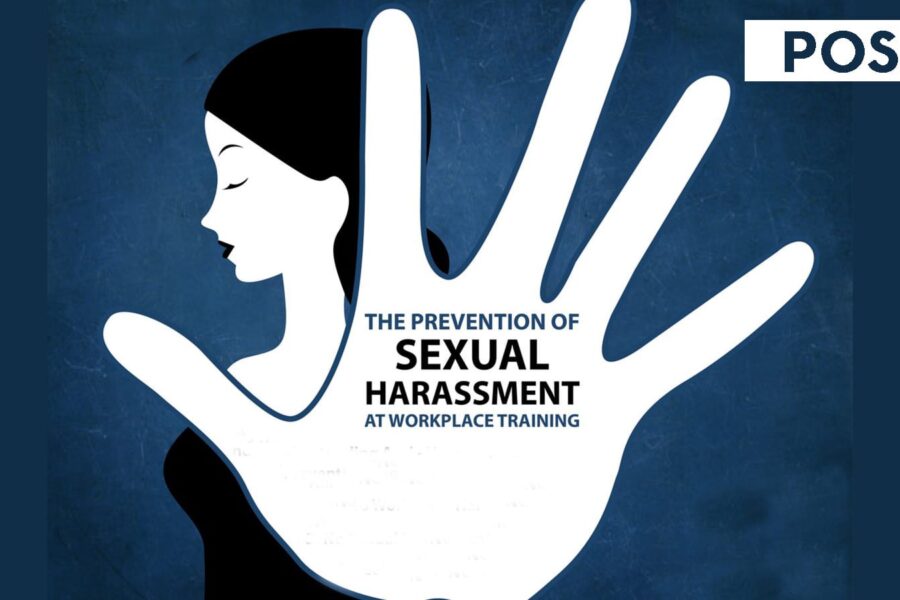Union of India and ors V Dilip Paul
A bench of Chief Justice of India (CJI) DY Chandrachud with Justices JB Pardiwala and Manoj Misra underscored that such proceedings are akin to judicial proceedings.
“There appears to be neither any statutory bar nor any logic to restrict the power of the complaints committee to put questions to the witnesses only to the context enumerated in the aforesaid provision. The complaints committee being an inquiry authority and in some sense equivalent to a presiding officer of the court … must be allowed to put questions on its own if a proper, fair and thorough inquiry is to take place,” the bench observed.
The Supreme Court made the observation while setting aside a Gauhati High Court decision, in which the High Court had ruled that certain inquiry proceedings stood vitiated because the Complaints Committee had put questions to the prosecution witnesses.
Disagreeing with this approach, the top court said:
“If the observations of the High Court are accepted, it would lead to a chilling effect, whereby the complaints committee which is deemed to be an inquiry authority would be reduced to a mere recording machine … We fail to understand what other purpose the complaints committee which is deemed to be an ‘inquiry authority’ would serve, if we are to hold that the complaints committee cannot put questions to the witnesses.”
In the same ruling, the Court also emphasized that allowing sexual harassers to evade the law humiliates and frustrates the survivor.
“However, at the same time, it should be kept in mind that the charge of this nature is very easy to make and is very difficult to rebut. When a plea is taken of false implication for extraneous reasons, the courts have a duty to make deeper scrutiny of the evidence and decide the acceptability or otherwise of the accusations. Every care should be taken to separate the chaff from the grain,” the bench added.
The apex court further cautioned against misuse of the law under the garb of “sexual harassment” as such a practice makes a mockery of the justice system.
The case before the Court concerned a senior officer at the Services Selection Board in Assam.
A complaint was filed against him by a lady colleague who accused him of sexual harassment.
Inquiries were subsequently conducted, including by a Central Complaints Committee. This Committee eventually found him guilty and recommended that his pension and retiral dues be cut by half as punishment, considering that he had retired during the inquiry proceedings.
The accused officer eventually filed an appeal before the Guwahati High Court, which granted him relief. Among other observations, the High Court opined that the Committee had played the role of a prosecutor in a case where there was “no evidence.”
The High Court verdict was challenged by the Central government through an appeal, which has now been allowed by the Supreme Court.
The Supreme Court reiterated that in a disciplinary inquiry, the standard of proof is “preponderance of probabilities” and that courts should only interfere with a disciplinary authority’s findings when they are either perverse or based on no evidence at all.
In this case, the Court found that this was not a case of “no evidence” and that the complainant’s allegations had been substantiated by witnesses.
Therefore, it allowed the appeal and restored the Complaint Committee’s order recommending the penalty on the accused.
Written by Adv Rohit Yadav

